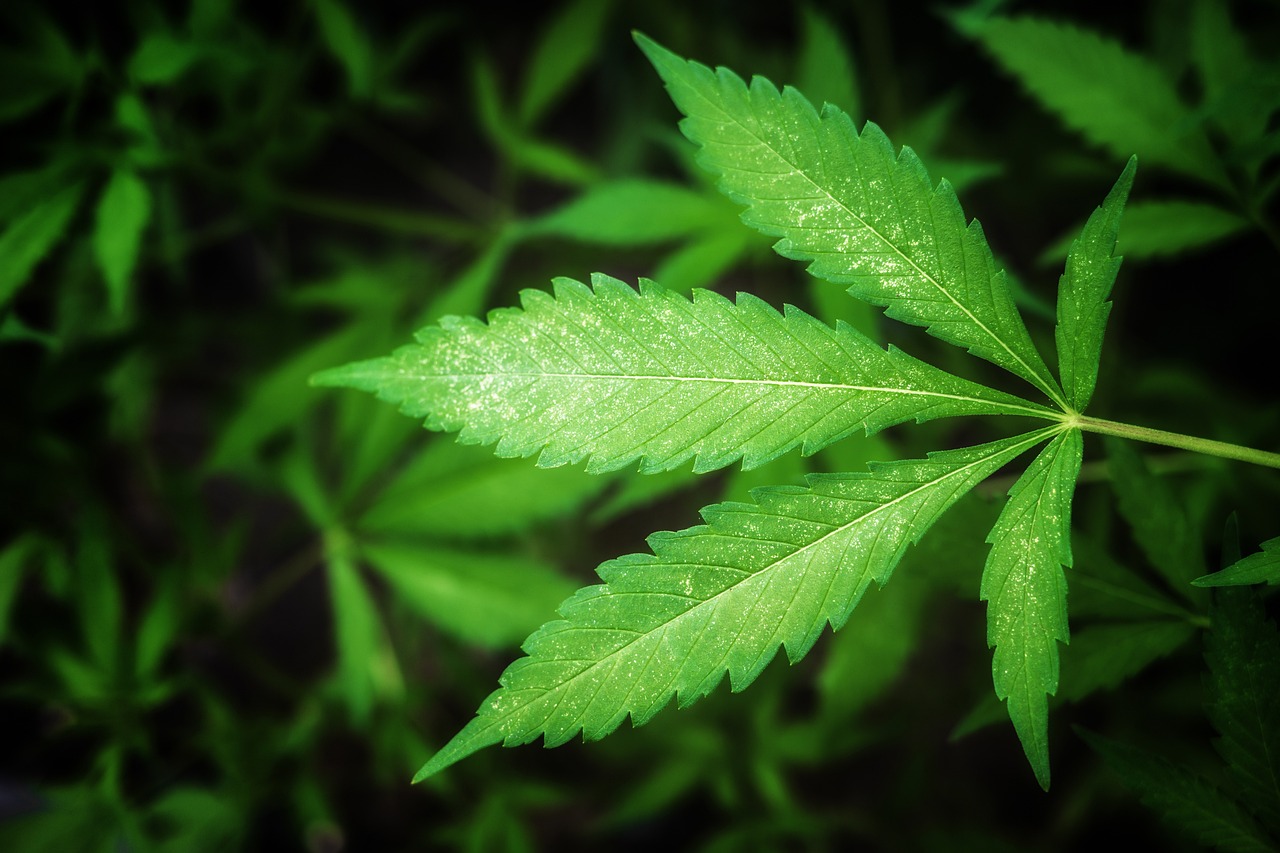The cannabis plant is a complex organism with a variety of compounds that contribute to its effects and benefits. Among these compounds, THCA, THC, and CBD are some of the most discussed. Each of these cannabinoids has unique properties and effects, making them suitable for different uses. This article explores how Best THCa flower for relaxation differs from THC and CBD, providing insights into their distinct characteristics and applications.
What is THCA?
THCA, or tetrahydrocannabinolic acid, is a non-psychoactive cannabinoid found in raw and live cannabis plants. It is the precursor to THC, the compound responsible for the psychoactive effects of cannabis. THCA is abundant in fresh cannabis flowers and begins to convert into THC when exposed to heat through a process called decarboxylation.
Properties of THCA
- Non-psychoactive: THCA does not produce the “high” associated with THC.
- Anti-inflammatory: Research suggests that THCA may have anti-inflammatory properties.
- Neuroprotective: Some studies indicate potential neuroprotective benefits.
- Anti-emetic: THCA may help reduce nausea and vomiting.
These properties make THCA a subject of interest for those seeking therapeutic benefits without psychoactive effects.
THC: The Psychoactive Component
THC, or tetrahydrocannabinol, is the most well-known cannabinoid due to its psychoactive properties. It is responsible for the “high” experienced when consuming cannabis. THC is formed when THCA is heated, such as through smoking or cooking.
Effects of THC
- Euphoria: THC is known for producing feelings of euphoria and relaxation.
- Altered perception: Users may experience changes in perception and mood.
- Pain relief: THC has been used for its analgesic properties.
- Appetite stimulation: Often referred to as “the munchies,” THC can increase appetite.
While THC is popular for recreational use, it also has medicinal applications, particularly in pain management and appetite stimulation.
CBD: The Non-Psychoactive Cannabinoid
CBD, or cannabidiol, is another prominent cannabinoid found in cannabis. Unlike THC, CBD does not produce psychoactive effects, making it appealing for those seeking therapeutic benefits without the high.
Benefits of CBD
- Anxiety reduction: CBD is often used to alleviate anxiety and stress.
- Anti-seizure: It has been effective in reducing seizures in certain forms of epilepsy.
- Anti-inflammatory: Like THCA, CBD has anti-inflammatory properties.
- Sleep aid: Some users find CBD helpful for improving sleep quality.
CBD’s versatility and non-psychoactive nature have made it a popular choice for a wide range of health and wellness products.
Comparing THCA, THC, and CBD
While THCA, THC, and CBD all originate from the cannabis plant, their effects and applications differ significantly. Understanding these differences can help users make informed decisions about which cannabinoid best suits their needs.
THCA vs. THC
THCA and THC are closely related, with THCA being the precursor to THC. The primary difference lies in their psychoactive properties. THCA is non-psychoactive, while THC is responsible for the high associated with cannabis use. This distinction makes THCA appealing for those seeking therapeutic benefits without psychoactive effects.
THCA vs. CBD
Both THCA and CBD are non-psychoactive, but they differ in their chemical structure and effects. THCA is primarily found in raw cannabis, while CBD can be extracted from both cannabis and hemp. CBD is widely used for its therapeutic benefits, including anxiety reduction and seizure control, whereas THCA is still being studied for its potential health benefits.
THC vs. CBD
THC and CBD are often compared due to their prevalence in cannabis products. THC is psychoactive, making it popular for recreational use, while CBD is non-psychoactive and favored for its therapeutic properties. The two cannabinoids can complement each other, with some products combining both to enhance their effects.
Case Studies and Research
Research into the effects and benefits of THCA, THC, and CBD is ongoing. Several studies have highlighted the potential therapeutic applications of these cannabinoids.
THCA Research
A study published in the British Journal of Pharmacology explored the anti-inflammatory properties of THCA, suggesting its potential use in treating inflammatory conditions. Another study in the Journal of Neuroimmune Pharmacology indicated that THCA might have neuroprotective effects, which could be beneficial for neurodegenerative diseases.
THC Research
THC has been extensively studied for its pain-relieving properties. A study in the Journal of Pain found that THC could significantly reduce chronic pain in patients. Additionally, THC’s appetite-stimulating effects have been beneficial for patients undergoing chemotherapy, as noted in a study published in the Journal of Clinical Oncology.
CBD Research
CBD’s anti-seizure properties have been well-documented, with the FDA approving a CBD-based medication for certain types of epilepsy. A study in the Journal of Clinical Psychology highlighted CBD’s potential in reducing anxiety and improving sleep quality.
Conclusion
THCA, THC, and CBD each offer unique benefits and applications, making them valuable components of the cannabis plant. THCA provides potential therapeutic benefits without psychoactive effects, THC is known for its psychoactive properties and medicinal uses, and CBD is celebrated for its wide range of therapeutic applications. As research continues, the understanding of these cannabinoids will deepen, offering more opportunities for their use in health and wellness.
